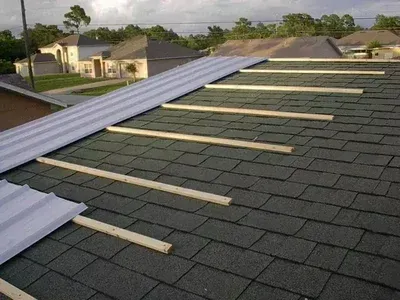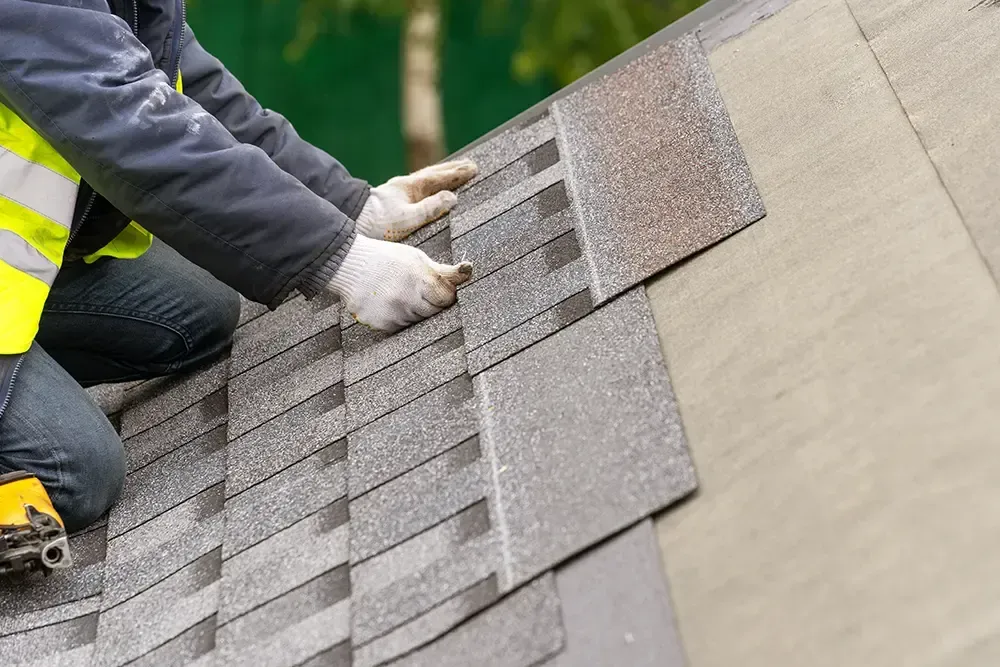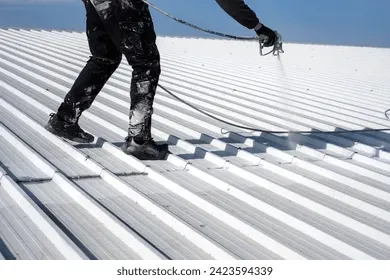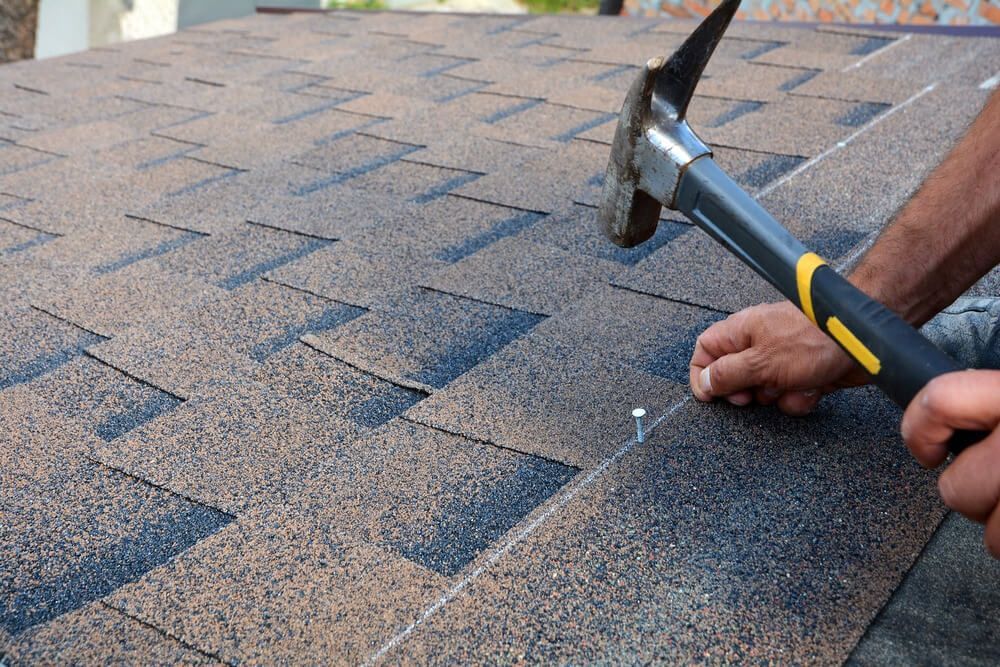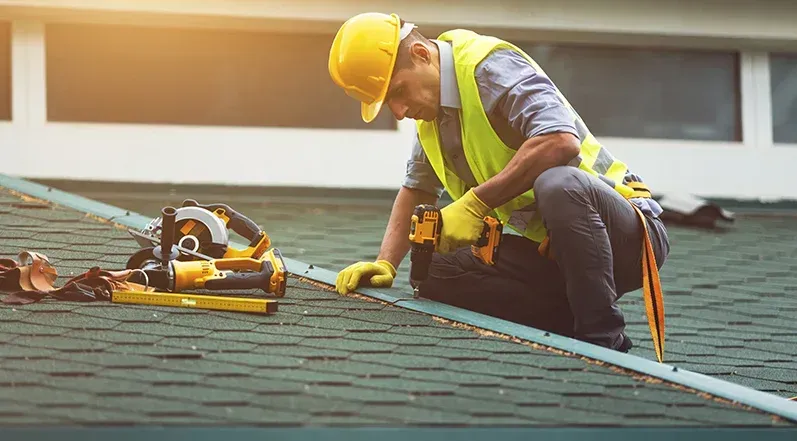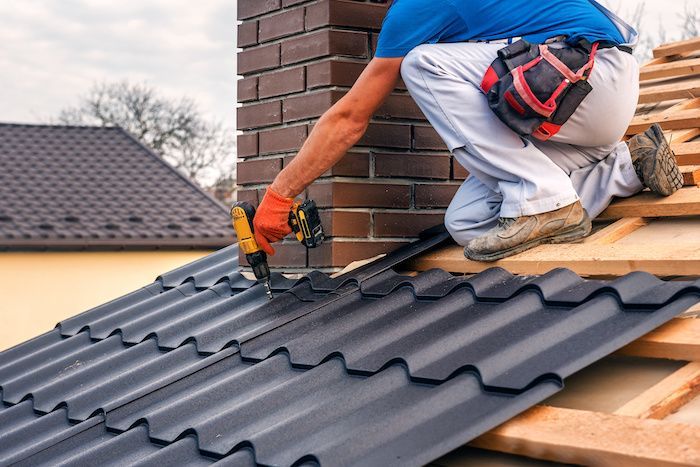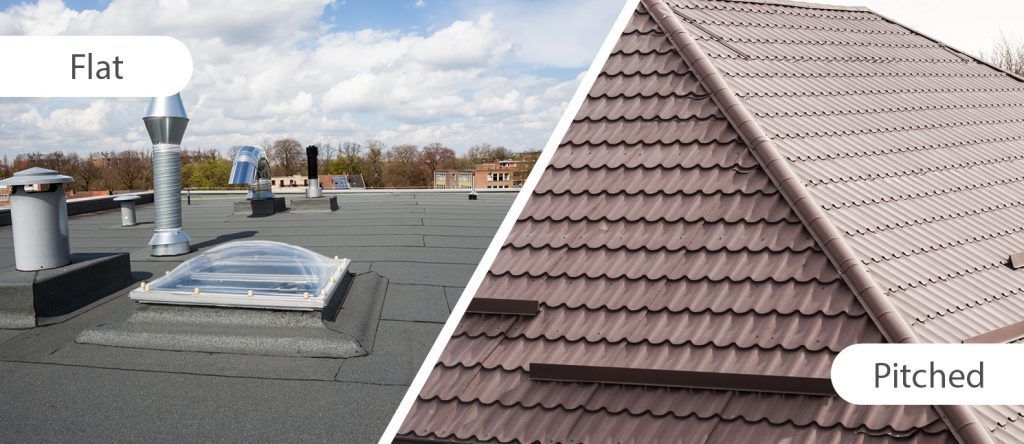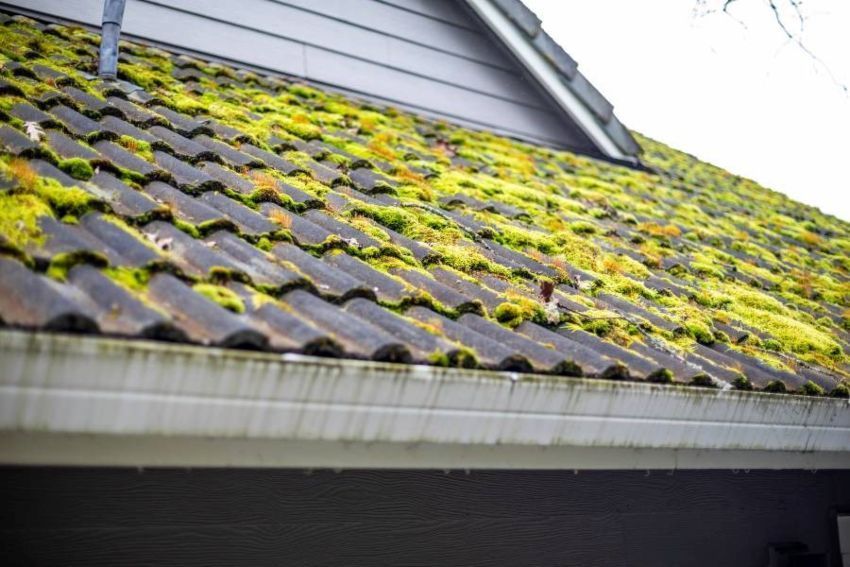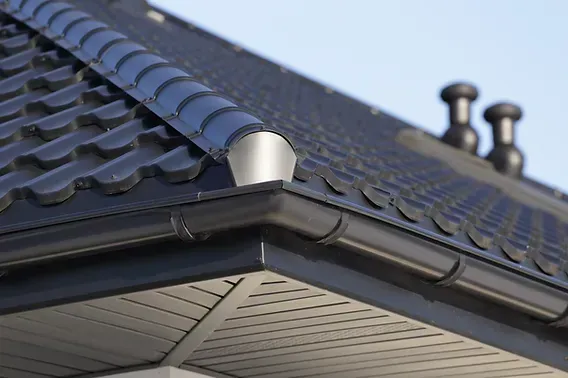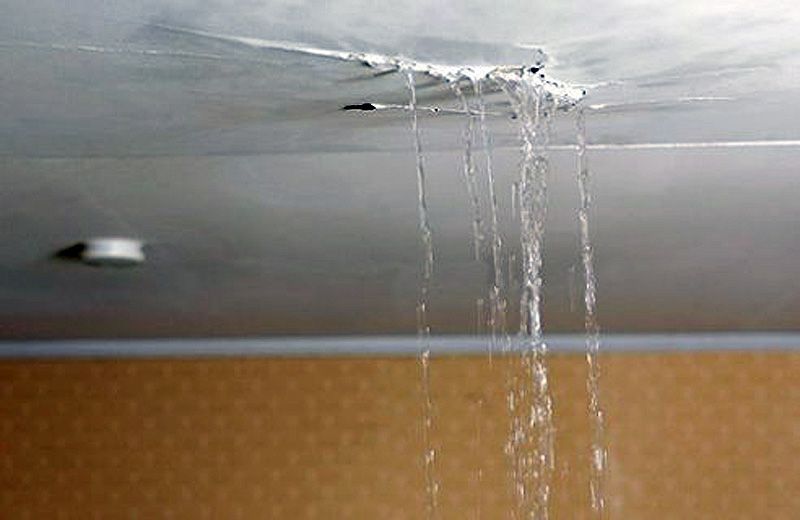Do Insurance Companies Cover Metal Roof Installation?
TLDR;
Yes, most insurance companies do cover metal
roof installation—but coverage depends on factors like your policy type, roof installation method, insurer guidelines, and location. To get the best protection, ensure your roof is professionally installed and compliant with building codes.
Why More Homeowners Are Asking About Metal Roof Insurance Coverage
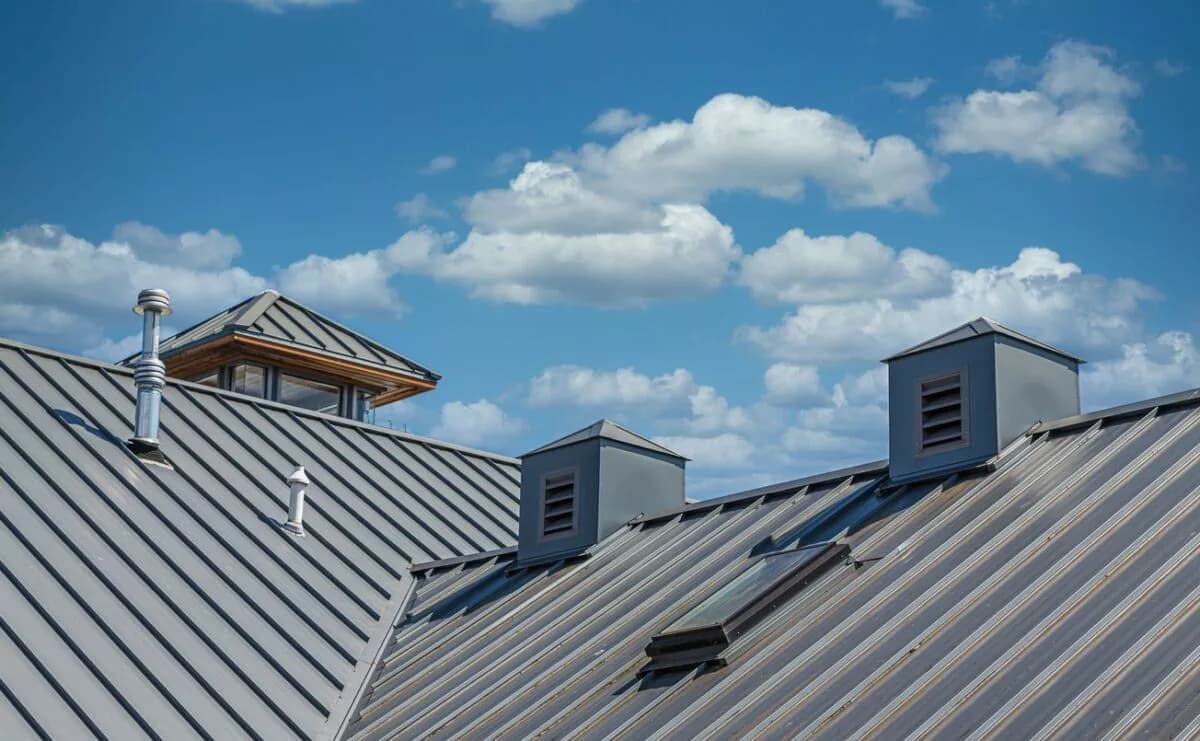
The rise in severe weather, skyrocketing home values, and the popularity of durable materials has pushed many homeowners to consider metal roofing. At The Amish Roofer, we regularly get questions from clients wondering: will my insurance cover a metal roof?
This blog tackles that question head-on—no fluff, just straight answers. We’ll explore:
- When and how metal roofs are covered by insurance
- What could void coverage
- How to get discounts
- What to do if damage occurs
- How your region and insurer affect your coverage
Let’s dive deep and answer everything you need to know.
What Is a Metal Roof and Why Are They So Popular?
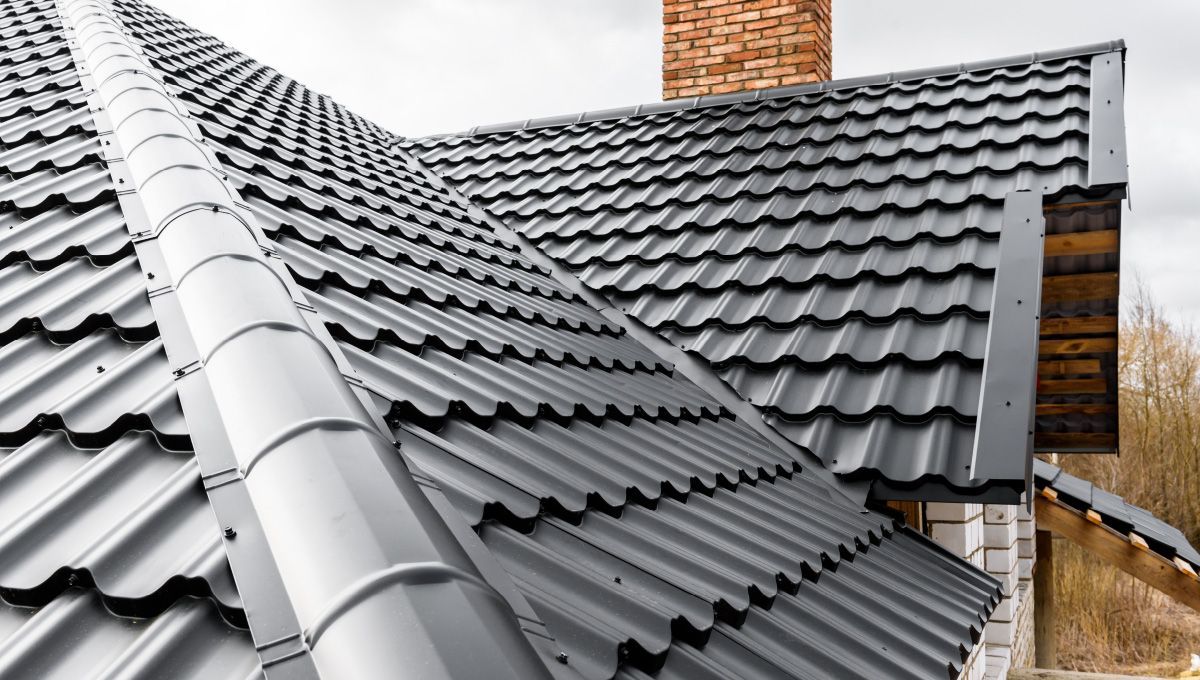
Metal roofs are made from panels or shingles of aluminum, steel, zinc, or copper. Their growing popularity is no accident.
Common types of metal roofing:
- Standing seam: Sleek panels with raised seams—high-end, watertight, and favored by insurers.
- Metal shingles: Mimic
asphalt or tile, but last longer.
- Corrugated metal: Budget-friendly and often used in rural or agricultural settings.
Why homeowners choose them:
- Fire-resistant and Class A rated (highest)
- Can last 40–70 years
- Excellent at shedding snow, ice, and rain
- Resistant to rot, mildew, and pests
- Lightweight and energy efficient
- Available in various finishes, including
Painted Metal Roofs that enhance curb appeal while adding another layer of corrosion protection
Insurer-friendly features:
- Lower risk of storm and fire damage
- Higher longevity means fewer claims
- Can qualify for premium discounts
But benefits alone don’t guarantee coverage—let’s talk policy details.
How Homeowners Insurance Works for Metal Roofs

Your insurance policy likely already includes some roof protection—but the type of policy matters.
HO-3 and HO-5 Policies
These are the most common:
- HO-3: Covers your home’s structure, including the roof, from most “perils” unless excluded.
- HO-5: Offers broader protection, often includes replacement cost by default.
Important considerations:
- If your old roof was replaced with a metal roof, your coverage likely applies.
- But coverage depends on
how the roof was installed and
the nature of any damage.
ACV vs RCV: What You’ll Be Paid
Actual Cash Value (ACV) means depreciation is deducted from your payout. Replacement Cost Value (RCV) pays what it costs to replace the roof at today’s prices.
Tip from The Amish Roofer: If your insurer only offers ACV on older roofs, ask if your metal upgrade qualifies for RCV. Sometimes it does.
Key Factors That Influence Whether a Metal Roof Is Covered
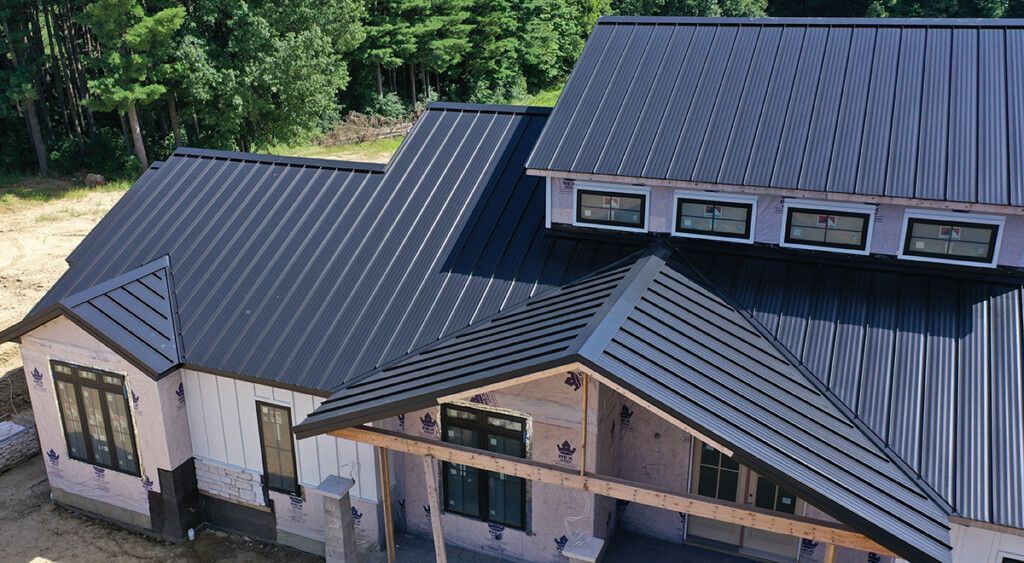
Not all metal roofs are treated equally in the eyes of your insurer.
1. Age of the Roof
- Older roofs may only be covered at
depreciated value.
- Some insurers won’t fully cover roofs over 20 years old.
2. Installation Quality
- DIY or unlicensed installs can
void coverage.
- Always hire a certified roofer—like The Amish Roofer—with documented experience.
3. Building Code Compliance
- Roof must meet
local and state codes.
- If your roof violates code, claims may be denied.
4. Maintenance and Inspection
- Keep records of routine inspections, especially after major storms.
- Take photos of your roof annually for documentation.
Regional and Insurance Company Differences
Where you live—and who your insurer is—matters more than you might think.
Climate Risks:
- Hail zones (e.g., Colorado, Texas): Metal roofs may be favored, but cosmetic-only damage may not be covered.
- Hurricane areas (e.g., Florida): Wind-rated systems required.
- Wildfire-prone regions (e.g., California): Class A fire rating may earn discounts.
Insurer Policy Examples:
| Insurance Company | Notes on Metal Roofs |
|---|---|
| State Farm | Often covers metal roofs if properly installed; discounts may apply |
| Allstate | Offers RCV in many cases; asks for installation proof |
| USAA | Covers standing seam roofs widely; offers military-focused policies |
Tip: Ask your provider if their underwriters have specific material preferences.
Can You Get a Discount on Insurance With a Metal Roof?
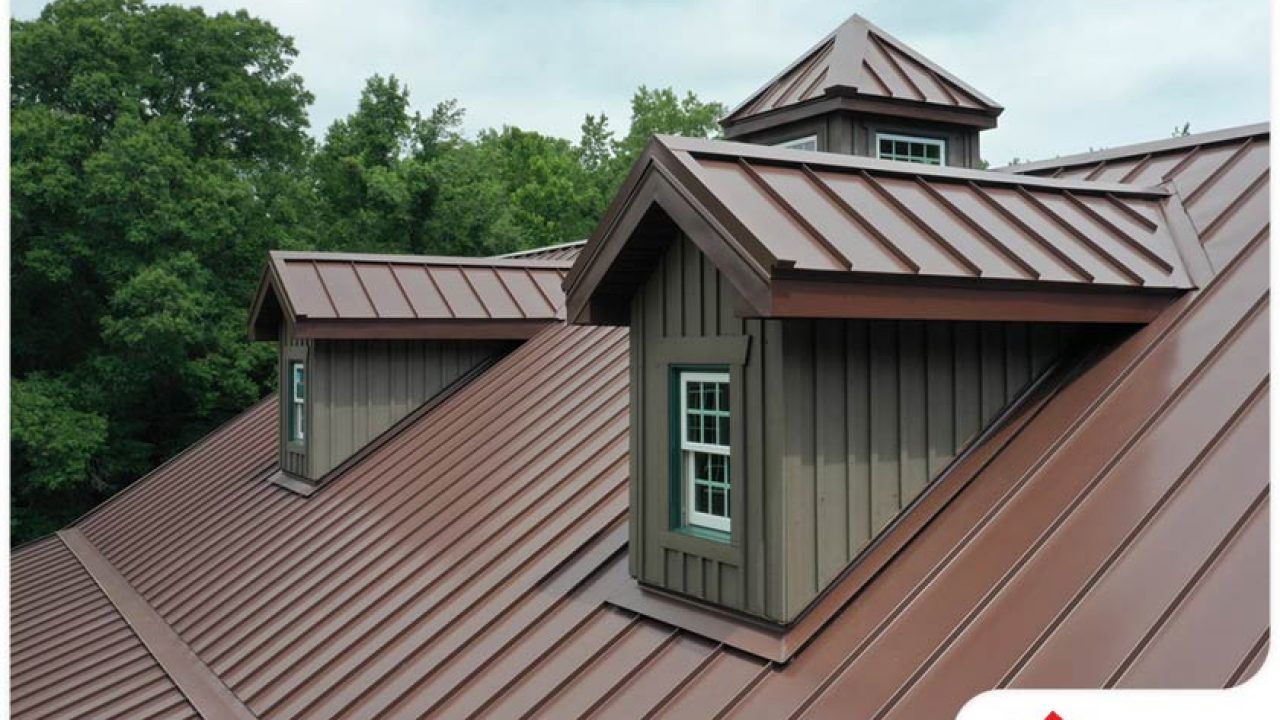
Yes, many insurers offer discounts for metal roofing—but they don’t always advertise it.
Possible Discounts:
- Impact-resistant roof discount
- Fire-resistant materials discount
- Wind mitigation credits
How to Qualify:
- Your metal roof must meet
UL 2218 Class 4 impact rating
- You’ll need installation documentation and possibly an inspection report
Pro Tip from The Amish Roofer: Ask your insurer for a discount
before installing your roof. Some offer pre-approval rebates.
Policy Exclusions to Watch For (That May Apply to Metal Roofs)

Even if your metal roof is covered, some things might not be.
Common Exclusions:
- Cosmetic damage: Dents from hail may not be covered if they don’t affect function.
- Unapproved materials: If your roof wasn’t installed using insurer-approved products, your claim may be denied.
- Improper install: Coverage may be denied if you can’t prove professional installation.
- Neglect or wear-and-tear: Most policies don’t cover age-related issues.
Real-world example:
A client of The Amish Roofer had a metal roof dented by hail. Their insurer denied the claim due to a
“cosmetic exclusion clause” even though the roof was only 5 years old.
How to File a Claim for a Damaged Metal Roof
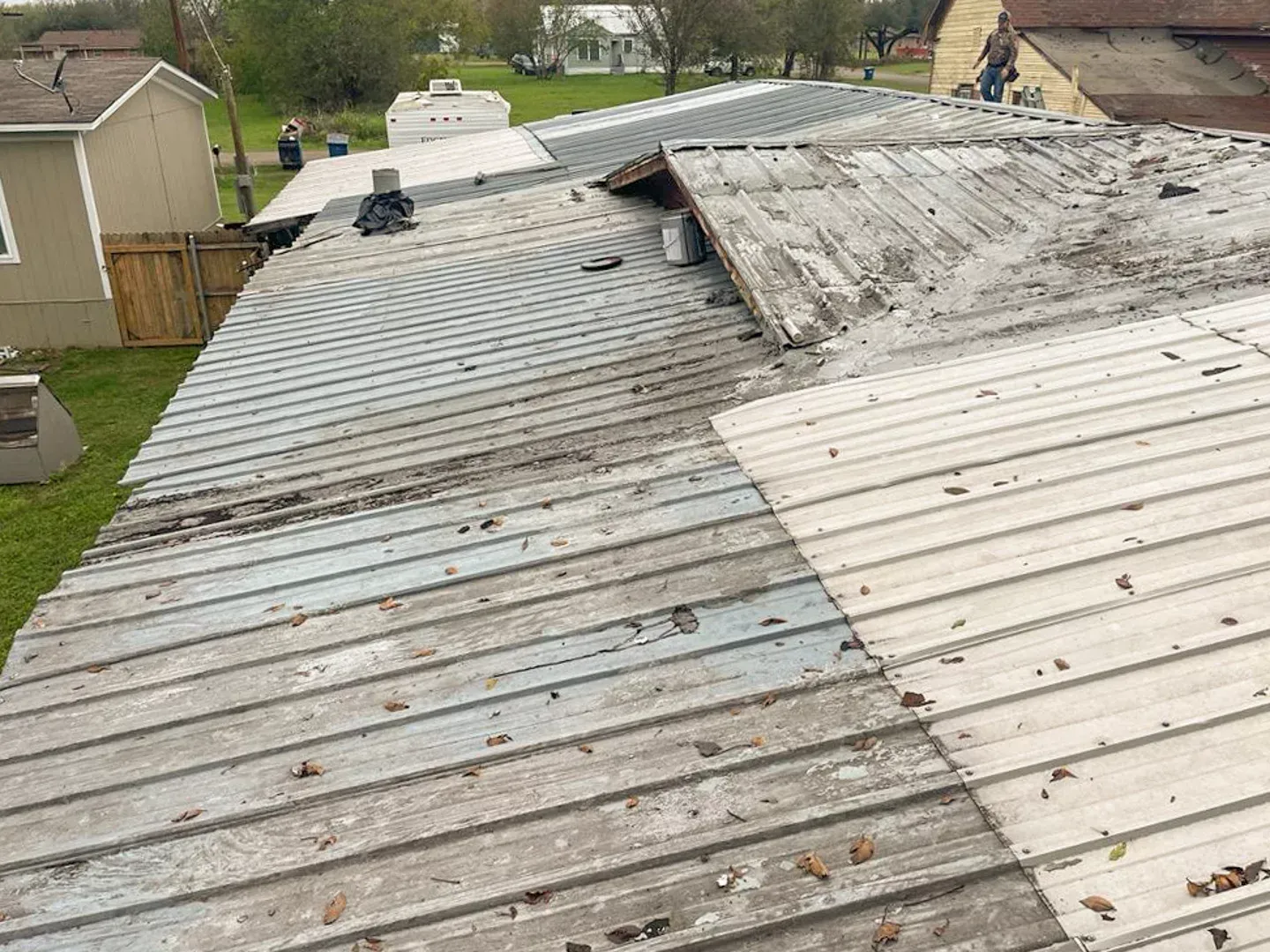
If your metal roof gets damaged, take these steps immediately:
1. Document Everything
- Take clear photos from multiple angles
- Get a
professional inspection report
2. Notify Your Insurer ASAP
- Provide a detailed description of the damage
- Include timestamps and weather event details if relevant
3. Get Estimates
- Use a licensed contractor for accurate
repair or replacement estimates
- The Amish Roofer offers detailed reports to support your claim
4. Meet with the Adjuster
- Be present during the inspection
- Point out hidden damage that may not be obvious
5. Follow Up in Writing
- Keep a paper trail
- Ask for clarification on any exclusions or limits
How to Keep Your Metal Roof Covered by Insurance

Want to make sure your metal roof stays eligible for full coverage? Follow these best practices:
Routine Maintenance
- Clean gutters and remove debris seasonally
- Inspect fasteners and seams for signs of wear
Keep Documentation
- Save your installation contract
- File all inspection reports and repair invoices
Use Approved Materials
- Only replace damaged parts with materials that meet your insurer’s standards
Common Questions About Metal Roof Insurance
Does homeowners insurance cover metal roof leaks?
Yes, if the leak is caused by a covered peril (like a storm). Not if it’s due to poor maintenance or wear and tear.
Why would insurance deny a metal roof claim?
Claims can be denied due to:
Cosmetic-only damage
- Improper installation
- Lack of documentation
- Roof age limits
Will a metal roof lower my insurance premium?
It can. Especially if the roof meets Class 4 impact resistance or offers fire protection.
What’s the best type of metal roof for insurance discounts?
Standing seam metal roofs with Class 4 rating offer the best chance at discounts.
Protecting Your Investment with the Right Insurance
Metal roofs are an excellent investment—and insurance can protect that investment if you meet the right conditions. But don’t assume coverage is automatic.
Here’s what you should do:
- Work with a trusted roofer like
The Amish Roofer
- Consult with your insurance provider
before installation
- Keep all documentation organized and updated
- Ask about discounts—and exclusions

